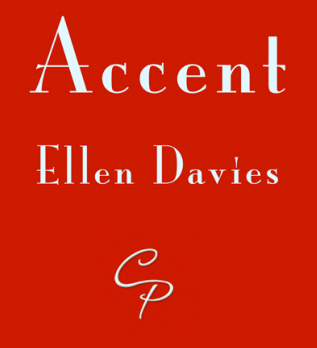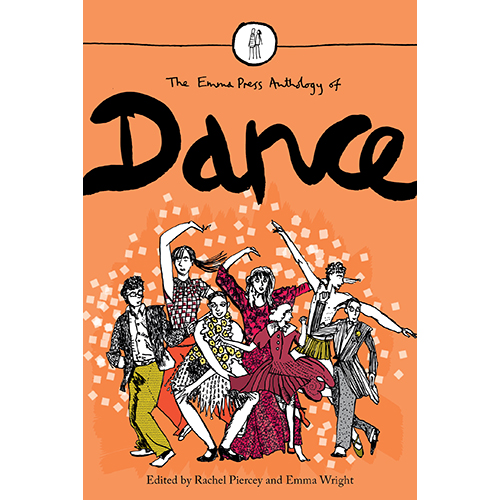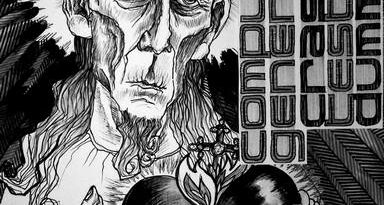Accent by Ellen Davies
– Reviewed by Jessica Traynor –
Accent is a debut pamphlet from Welsh poet Ellen Davies, and concerns itself with the psychic damage of loss. This loss encompasses both the poet’s relationship with Welsh and with her grandfather, approached through direct and questioning language. Davies’ voice is definite, often eschewing metaphor in favour of concrete description: “I bring my torn hand / to my mouth and taste the sweet relief of blood” (‘Making Sandwiches’).
Many of the pamphlet’s earlier poems deal with Welsh identity, how language can be a consolation or a battle ground. The poet’s identity is riven by the split between school and home, Welsh and English, and this uncertainty finds effective expression in ‘Cymraeg yw iaith yr ysgol’ (Welsh is the Language of the School):
Chmraeg oedd iaith yr ysgol,
and so we traded it in, claiming
English for our own, but I search
for it now and cannot think
of how to say ‘speechless’,
or how to explain my dumb tongue.
The Welsh titles, glossed at the pamphlet’s end, develop into a series of love poems, demonstrating how the language lives in the core of the poet’s identity and being. The love poems are both earthy and earthed, zooming in on the sensual: “I pull the covers taut, straighten the corners, feeling the crisp cotton between my fingers. / The room still smells of us, my perfume / your sweet tang.” (‘Tacluso’r Gwely’ – Tidying the Bed)
Davies’ most successful and memorable poems are suffused with a grief that lends these direct poems delicacy. ‘Cancellation’ captures the frantic distress of bereavement, and our clumsy attempts to restore normality in the wake of a trauma:
It comes to a head
when we find you stuffing
his dressing gown into a refuse
sack, a few sorry days
after his death.
‘Palm Sunday’ continues the theme of loss, but also introduces rebirth, a fitting addition to a pamphlet very much concerned with coming of age. In this poem, the beauty of the natural world is an undeniable affirmation that every winter is followed by spring:
You arrange flowers,
purple tulips and daffs, brought from a place
where Spring has already sprung.
I can feel the hope in it.
Davies’ best poems are characterised by a simplicity and directness in the language that belies the complexity of the poems’ themes. Some of her more ambitious outings, such as ‘Coming Home’, demonstrate a skill for more rich imagery and atmosphere, a procession of dead miners trooping home in the light of a full moon: “The wheel starts turning, drawing them up,/ with rusted hinges from withering gut.”
This particular poem, though, feels a little like a much longer work that might benefit from some unpacking – a very even rhyming scheme in the poem’s first stanza contains some slightly awkward phrasing before giving way to a looser, unspooled rhythm. The subject of address switches a number of times too, giving the impression of a few poems run together. Perhaps there’s potential here for a longer sequence?
Accent demonstrates a sure and certain poetic voice, ready to push forth into new poetic territory. It will be intriguing to see how this voice develops in the work to come.





